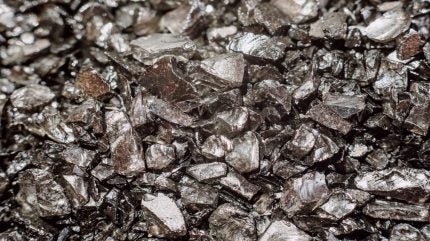
Shipments of seven rare earth elements (REEs) that were recently added to China’s export control list have stopped, potentially leading to international shortages, reported Reuters, citing three sources.
The REEs including yttrium, dysprosium and terbium, which have been added to the export control list, are essential to modern technology.
Exporters of these critical materials used in defence, energy and automotive industries are facing delays as they navigate the new licensing requirements.
The restrictions were in response to US tariff hikes and have left exporters awaiting licences from the Ministry of Commerce, a process that lacks transparency and can take several weeks to months.
The halt in exports is particularly concerning as it could lead to the depletion of stockpiles if the situation persists beyond two months. This would be especially problematic for US clients amidst the intensifying trade war.
“When asked by my clients when their cargoes will be able to leave China, we give them an estimated time of 60 days but it may actually take longer than that,” disclosed a China rare earth trader, who preferred to remain anonymous due to the sensitivity of the issue.
China, accounting for around 90% of the world’s rare earth production, is demonstrating its ability to leverage this dominance as a geopolitical tool, according to the report.
Nevertheless, this move may also erode China’s market position in the long term by prompting buyers to seek alternative sources to speed up diversification efforts.
Some Chinese sellers have already invoked force majeure to avoid penalties for non-delivery, as cargoes at ports have been barred from leaving without customs clearance.
The exact number of affected shipments remains uncertain.



